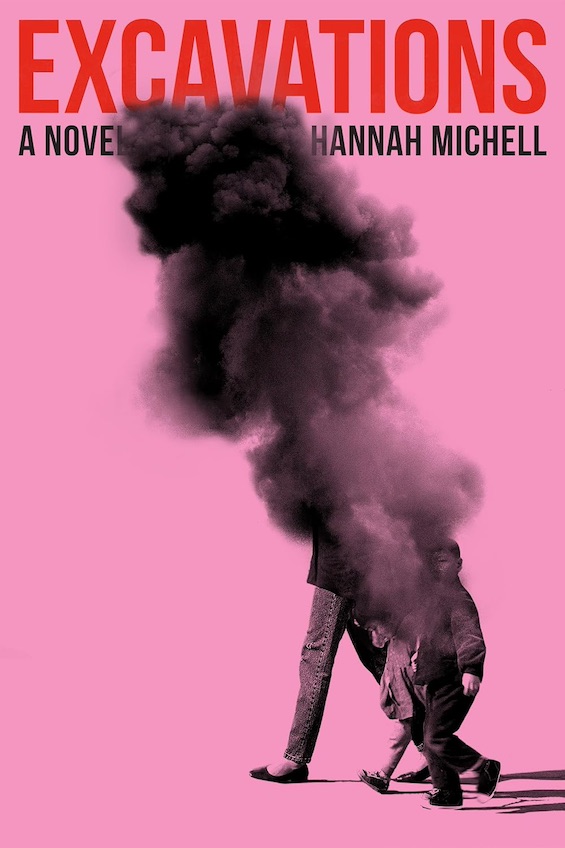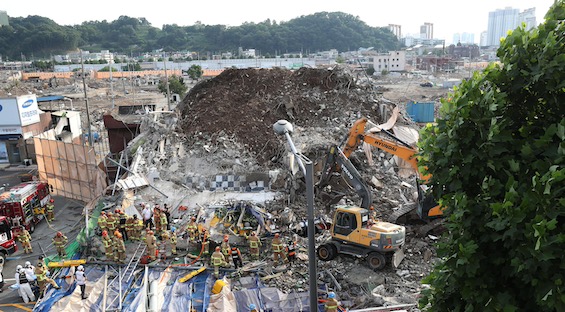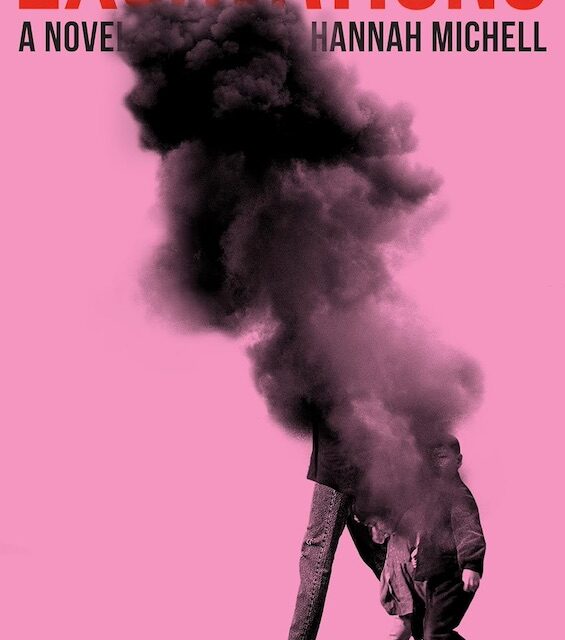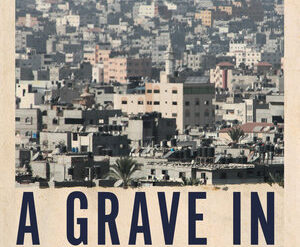
Estimated reading time: 5 minutes
On June 29, 1995, the Sampoong Department Store in Seoul, South Korea, suddenly collapsed, the result of structural failure. Five hundred people died, and 900 more suffered injuries. It was the largest peacetime disaster in the history of the country. The details in Hannah Michell’s debut novel, Excavations, differ greatly. But it’s obviously inspired by the event in 1995, the most tragic of a long series of building collapses that have marred South Korean history. Michell shifts the setting to 1992 and builds her story around a 65-story residential tower. And she tells the tale of the collapse and the resulting investigation through the experience of a young mother of twins named Sae whose husband was an engineer working at the building when it fell. Spanning nearly a quarter-century, Excavations is a moving story of one woman’s decades-long battle against corruption.
An investigative journalist uncovers terrible secrets
Sae is a former student activist turned investigative journalist who has settled into raising her twins in Seoul. Her husband, Jae, is a structural engineer, an enigmatic man with what seems a painful past he refuses to talk about. But he’s a loving husband and father, and Sae adores him. Every night she waits impatiently for him to walk in the door. He’s often late. Then one evening he doesn’t show up at all.
The television news discloses the horrifying news that the downtown apartment tower he was working on has collapsed. And suddenly Sae’s life becomes one of unrelenting desperation as she begins the search for Jae in the rubble of the tower and the city’s morgues. And gradually she drifts back into using her old journalistic skills as she undertakes an investigation of why Aspiration Tower collapsed. In the process, she turns up, bit by bit, the great secret in Jae’s life—and his connection to the powerful men behind the building’s destruction.
Excavations by Hannah Michell (2023) 320 pages ★★★★★

Corruption and dictatorship in the country’s past
South Korea today is among the world’s wealthiest countries. Its one of the four Asian Tigers (along with Taiwan, Hong Kong, and Singapore). Its standard of living is comparable to Japan’s. But seventy years ago, when the Korean War stuttered into an armistice, the country was one of the most desperately poor nations on the planet. Like Japan after World War II, South Korea turned to export-oriented industrial development to work its way out of poverty. Immense, family-owned industrial conglomerates known as chaebols emerged. Backed by the dictatorships that governed the country until 1987, the chaebols built world-class companies in electronics, automobiles, telecommunications, shipbuilding, chemicals, and steel.
But the price of South Korea’s success was high. Over the nearly four decades that passed before the country’s first democratically elected president took office in 1988, corruption took root. And the military kept the country’s autocratic rulers in office by clamping down dissent with savagery. The suppression of the Gwangju Uprising in 1980 was the most tragic example of the government’s ruthlessness. But for years under dictators Park Chung-hee and Chun Doo-hwan students were frequently tortured and murdered in large numbers when protests arose on university campuses. Past events such as these come to light in Hannah Michell’s novel.
Today, South Korea is peaceful and prosperous, its dictatorial era now history. But the major product of that time, chaebols such as Samsung and Hyundai, still dominate the country’s economy.
About the author

Hannah Michell’s biography on her publisher’s website and Google Books reads in full as follows: “Hannah Michell grew up in Seoul. She studied anthropology and philosophy at Cambridge University and now lives in California with her husband and children. She teaches in the Asian American and Asian Disapora Studies Program at the University of California, Berkeley. Excavations is her American debut.” The Asian American Writers’ Workshop adds that she “was born in the UK” and lectures on Korean pop culture at UC Berkeley.
For related reading
For a more critical review of this novel, see “When a building collapses, the search for a missing loved one begins” by Violet Kim (Washington Post, July 19, 2023).
This is one of the Good books by Berkeley writers.
You might also enjoy:
- 20 excellent standalone mysteries and thrillers
- Top 10 historical mysteries and thrillers
- 25 most enlightening historical novels
- Top 10 great popular novels
And you can always find my most popular reviews, and the most recent ones, on the Home Page.



























